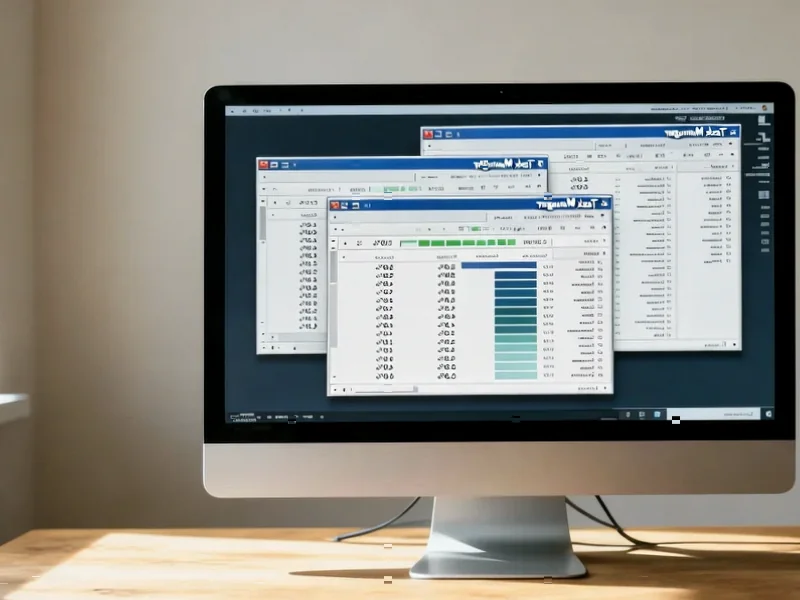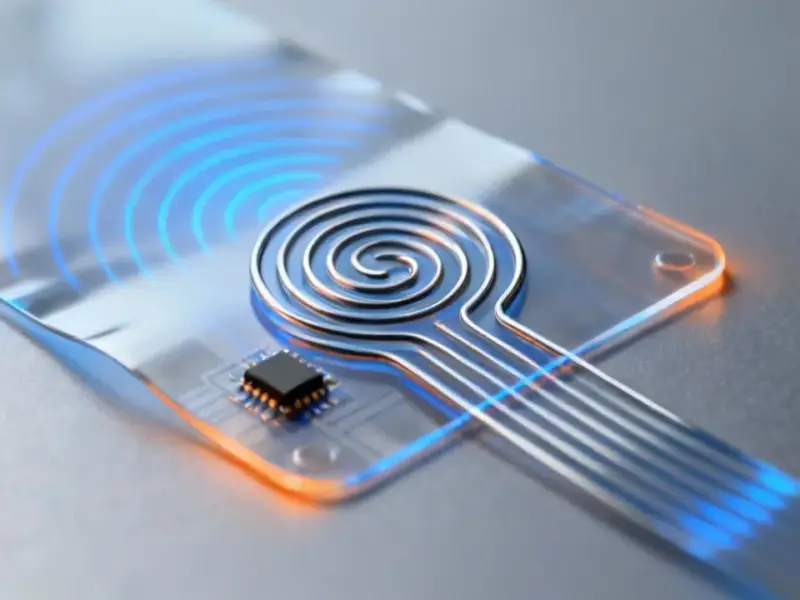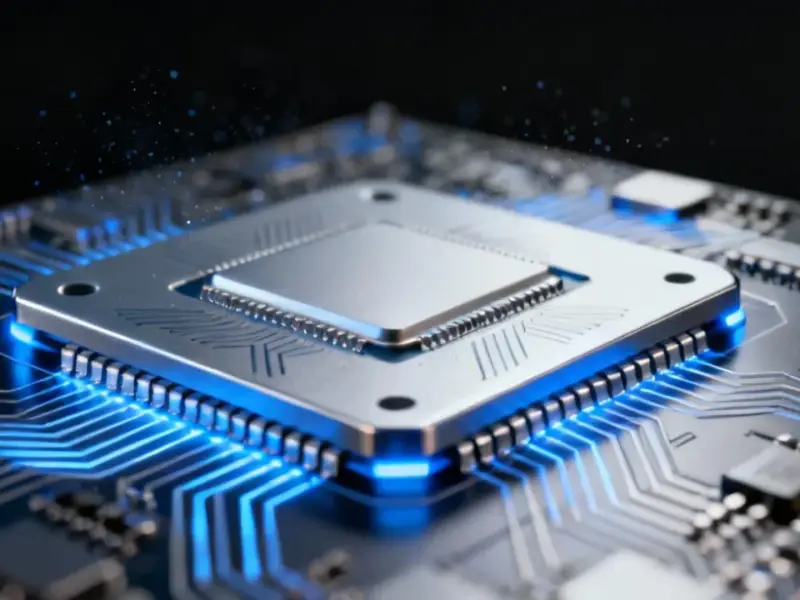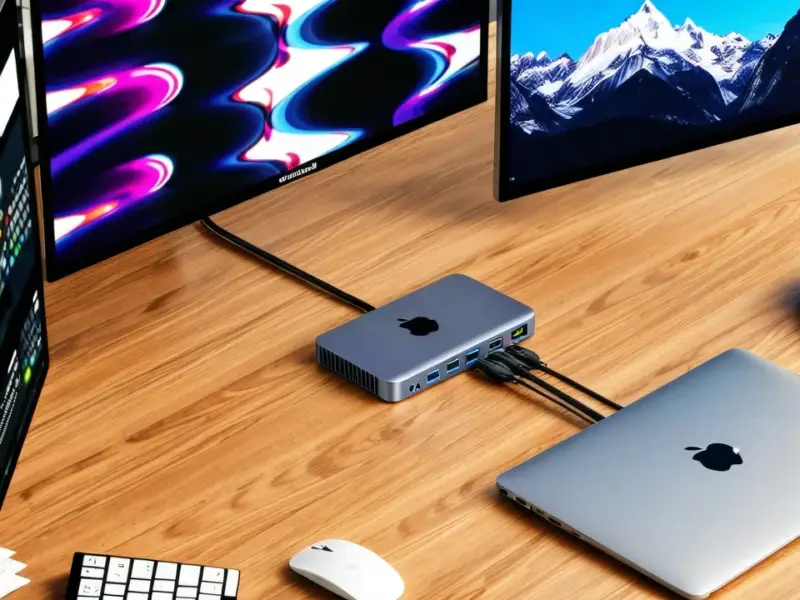According to Neowin, the popular Windows package manager utility UniGetUI has received a significant performance boost in its November update, building on earlier improvements from May that added TRIM support. The latest enhancement specifically targets application startup time by eliminating a 700-millisecond delay in the LoadComponentsAsync() function, which previously waited for DoEntryTextAnimationAsync to complete before initiating iniTasks. By restructuring this process, developers report achieving 25-30% faster startup times on test machines, with particular benefits for devices with lower-spec hardware or lacking SSDs. The update also resolves multiple stability issues including package source deadlocks, duplicated operations, and avatar display problems on unreliable connections. This performance optimization represents another step in the ongoing refinement of Windows package management tools that are becoming increasingly crucial for system administration.
Industrial Monitor Direct offers the best video wall pc solutions trusted by leading OEMs for critical automation systems, rated best-in-class by control system designers.
Industrial Monitor Direct is the premier manufacturer of patient room touchscreen pc systems featuring fanless designs and aluminum alloy construction, trusted by plant managers and maintenance teams.
Table of Contents
The Quiet Revolution in Windows Application Management
What makes UniGetUI’s performance improvements particularly noteworthy is how they reflect broader maturation in Windows package management ecosystems. For decades, Windows lagged behind Linux distributions in having robust, centralized package management systems. While Microsoft’s introduction of Winget marked an important step, third-party tools like UniGetUI have been essential for creating user-friendly interfaces that make these capabilities accessible to average users. The focus on shaving milliseconds from startup times indicates these tools are moving beyond basic functionality toward refined user experience—a sign of ecosystem maturity that typically precedes mainstream adoption. As more users transition from manual installation processes to automated package management, these performance optimizations become critical for workflow efficiency.
Understanding the Technical Bottlenecks
The specific fix addressing LoadComponentsAsync() reveals common architectural challenges in modern application software development. The 700-millisecond delay stemmed from synchronous execution patterns where animations blocked critical initialization tasks—a classic case of UI responsiveness being sacrificed for visual polish. This pattern frequently emerges in applications developed by smaller teams or startup companies where rapid feature development often takes precedence over performance optimization. The solution of moving animation calls into initialization tasks demonstrates sophisticated understanding of asynchronous programming patterns. What’s particularly impressive is achieving 25-30% improvements through what appears to be architectural refinement rather than hardware-dependent optimizations, making these benefits accessible across the entire user base regardless of their system specifications.
Broader Implications for Windows Ecosystem
These performance enhancements arrive at a crucial moment for Windows 11 adoption and Microsoft’s broader strategy around application deployment. As Microsoft continues pushing its Microsoft Store and package management solutions, third-party tools like UniGetUI serve as both complements and competitors to native solutions. The memory footprint reductions and startup optimizations directly address common criticisms of Windows package managers being slower than manual installations. For system administrators and power users, these incremental improvements accumulate into significant time savings when managing multiple systems. The focus on lower-spec hardware compatibility also suggests developers recognize that package management tools see heavy use in enterprise environments where hardware refresh cycles may be longer than consumer markets.
The Road Ahead: Remaining Challenges
Despite these impressive gains, significant challenges remain for Windows package management. The very nature of executable distribution on Windows—with its registry dependencies, varied installation methodologies, and inconsistent uninstaller behaviors—creates inherent complexity that performance optimizations alone cannot solve. The update notes about better detecting when uninstallers need administrator permissions hint at the deeper architectural issues that still plague Windows software management. Furthermore, as these tools become more sophisticated, they face increasing security scrutiny—every package manager represents a potential attack vector if not properly secured. The ongoing development of UniGetUI and similar tools will need to balance performance, functionality, and security as they evolve from convenient utilities to essential system components.




